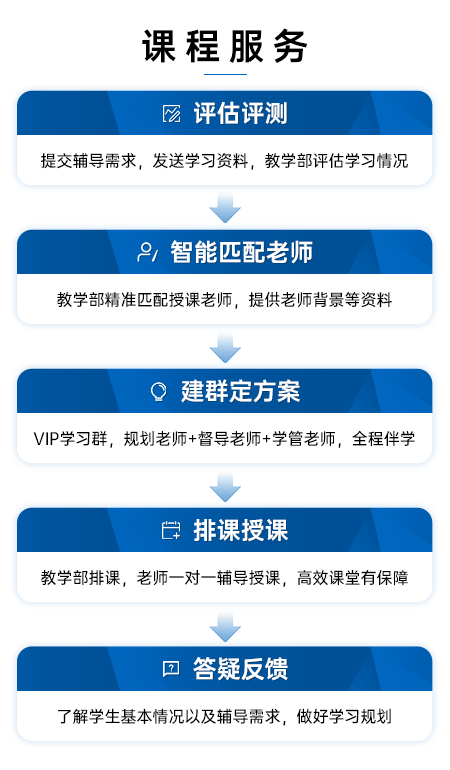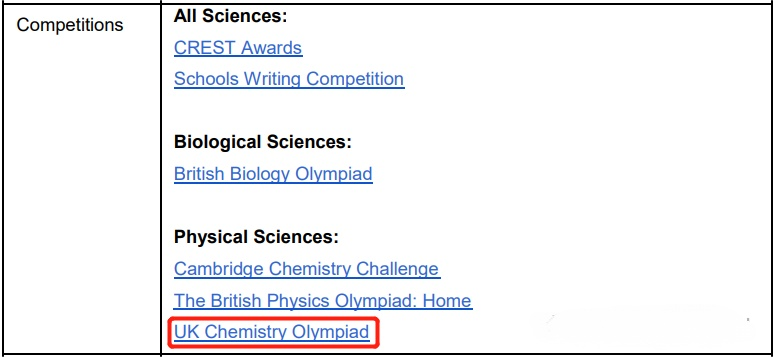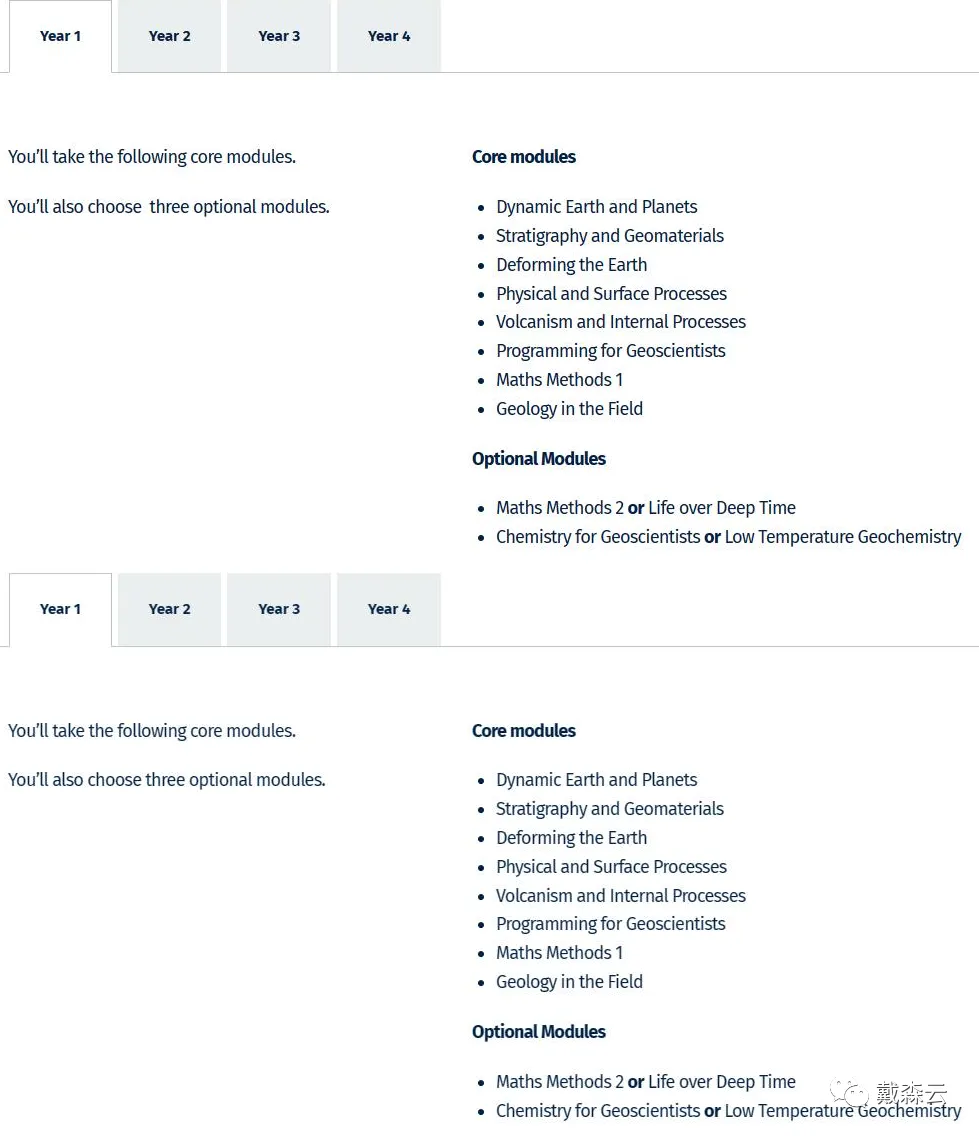不管你是刚刚接触辩论的新人还是已经久经沙场⽆敌⼿的辩⼿,公共论坛式辩论的世界中有⼀个你绝对绕不过的主题——经济,或者更俗称的“钱”。
从2021年国赛的国际货币基金组织 IMF到去年春季的专利权 Patent,秋季的美联储 Fed,再到今年秋季的航天领域公共与私人投资之争。可以说,经济类辩题以其广博的讨论范围、多元的知识点和丰富的策略选择,成为了辩题领域的常客。
在接下来的干货文中,我们将分三篇文章分别讨论经济类辩题的备赛要点、基本知识和常用的weigh策略,希望能够帮助大家打开备赛思路,更好地准备秋季辩题。下面就为大家带来第一篇干货:
⽆论是政策、法律、道德还是国际关系的辩题,论点中多多少少都涉及到经济的影响,或是由经济问题引发的后果。经济就像是这个社会中⽆处不在的背景⾳乐,总是默默地影响着每⼀个决策和⾏动。今天我们就来深⼊探讨⼀下经济类辩题的特点,以及如何准备这类辩题。
#1 、Features of Economic resolutions
经济类辩题的特点
1. 多维度视角
Multi-Dimensional Perspective
Economic debates usually involve considerations from multiple dimensions.
Taking the Fall tournament's topic of "Private sector investment in human space exploration is preferable to public sector investment" as an example, what needs to be considered is not just how much money the private sector and government can invest and the returns, but also technological advancements, national competitiveness, short-term vs long-term benefits, and risk-taking.
经济辩题通常涉及多个⻆度和维度的考量 , 以今年秋季赛“私人对载人航天探索的投资优于公共部门的投资”为例,我们需要考虑的就不仅仅是私域与政府能够拿出来多少钱投资和回报,也需要考虑技术的进步、国家的竞争⼒、短期与长期效益、风险承担等多个⽅⾯。
2. 数据为王
Prepare More Data
Economic arguments without data are baseless.
Especially for the fall resolution, data and facts are indispensable elements in your arguments . Not only do you need ample evidence to support your points in the constructive speeches, but having more data in the rebuttals and cross-examinations will also increase your chances of winning .
The essence of economics is a game of money; hence, having a robust database to compare and interpret facts and mechanisms against your opponent’s arguments is crucial.
没有数据的经济辩题是站不住脚的。在构建论点时,尤其是经济类辩题,数据和事实是论点中必不可少的⼀部分。不仅在申论稿⾥需要⼤量⽀持我⽅论点的证据,在驳论和质询中掌握更多的数据也会为你增加胜率。经济的本质就是⾦钱的游戏,所以拥有⼀个强⼤的数据库来从事实和机理两个层⾯与对⼿的论点进⾏对⽐和解读是⾮常重要的。
3. 以结果为导向
Results-Oriented
Compared to many other types of debate topics, economic debates focus more on tangible results.
What matters is the impact a policy has on the economy, rather than theoretical possibilities. So, if you only have a logical but ideal argument, regardless of its theoretical possibility, it's useless without real-world results to back it up.
与许多其他类型的辩题相⽐,经济辩题更注重实际的、切实的结果。它关⼼的是⼀项政策或决策对经济有何影响,⽽不仅仅是理论上的可能性。所以如果你只有⼀套理想的逻辑,不管它在理论中如何显而易见,没有现实层面的结果支持也是没有用的。
#2 、How to Prepare for it?
如何准备经济类辩题?
1、Stakeholder Analysis:
First, you need to identify the positions and interests of each stakeholder.
In the context of the Fall tournament’s resolution, stakeholders might include government agencies, private companies, research institutions, the public, and even international partners . What impact would decision have on them? From their perspectives, what positive/negative effects could this decision have on their interests?
⾸先,你需要明确每个利益相关者的⽴场和他们的利益相关点。还是以秋季赛的辩题为例,在这个辩题⾥的利益相关者可能包括政府机构、私营企业、科研机构、公众甚⾄是国际合作伙伴。这个辩题的⽴场会对他们各有什么影响呢?站在他们的⻆度,这项决策会对他们的利益有哪些好的/坏的影响呢?
2、Research:
Debaters need to find accurate, related, and up-to-date data to support their arguments.
You can get data from many reliable sources such as official statistics, academic reports, and market reports . However, merely having this data is not enough; you also need to know how to interpret them, like differentiating correlation from causation, and recognizing limitations in the data.
辩⼿们需要找到准确的、与辩题紧密相关的,以及最新的数据去⽀持⾃⼰的论点。你可以从很多可靠的数据来源进⾏检索,如官⽅统计、学术研究和市场报告等。但是光有这些数据也是不够的,你也要学会去解读他们。如区分相关性和因果关系,识别数据等局限性等。
3、Analyzing Interests of Each Stakeholder:
Debaters need to consider the long-term and short-term interests of each stakeholder, as well as their potential reactions under the resolution, not just on the economic level .
For instance, in the context of the Fall tournament’s topic, the government might be concerned about how space exploration could enhance the country's global competitiveness, whereas private companies might focus more on the return on investment and market potential.
辩⼿们需要考虑每个利益相关者的⻓期和短期利益,以及他们可能对这个辩题决策下的⾏为和反应,不仅仅是经济层⾯。同样以秋季赛的辩题为例,政府可能会关⼼太空探索如何提⾼国家的全球竞争⼒;⽽私营企业可能更关注投资的回报率和市场潜⼒。那这个本质的区别会造成什么样的后果呢?















